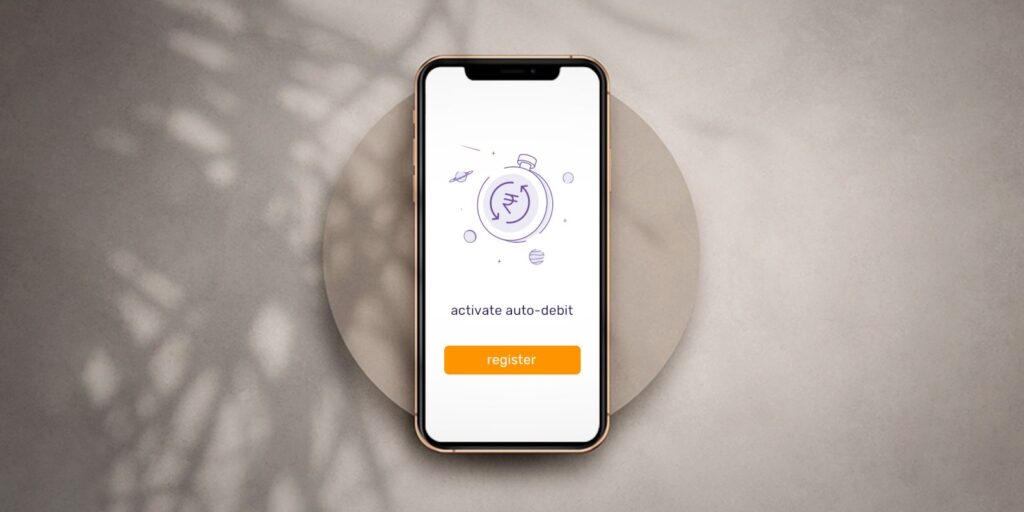The Auto-debit Facility for Bills Will Not Be The Same From April 1, 2021

In case you have subscribed to some auto-debit facility for your bills? Because as soon as it is April 1, the recurring monthly bill payments like utility bills, mobile phone bills, subscription costs for OTT streaming platforms, might soon be affected.
According to the report in the Zee Media Bureau, the RBI guideline that was first announced in August 2019 requested the processing of e-mandate on credit and debit cards for recurring transactions with a cap of ₹2,000. However, this particular guideline was amended later in December 2020 and then declared that the e-mandates for recurring transactions through cards (and UPI) will be hiked from ₹2,000 to ₹5,000 from January 1, 2021.
This report also declared that Factor of Authentication or AFA will also be permitted while processing e-mandates / standing instructions on credit or debit cards and Prepaid Payment Instruments or PPIs for recurring transactions that cost up to ₹5,000.
As per the report that was issued by the RBI, it announced that processing of recurring transactions ( be it domestic or cross-border) using cards / PPIs / UPI under any regulation that does not comply with the above-mentioned instructions will have to be halted beyond March 31, 2021.
RBI also introduced a new rule on the additional factor of authentication which needed the banks to give a one-time password (OTP) to its customers in order to approve transactions above the cost of ₹5,000. Zee Media Bureau also stated that according to various media news, banks have been unable to successfully fulfil RBI’s new mandate. Therefore, after April 1, the bank customers who have been utilising the auto-debit payments for different bills and OTT subscriptions will face significant issues.
This new order by the Reserve Bank of India or RBI can also affect the customers’ subscription to Netflix, Amazon Prime Video, Vodafone Idea, Bharti Airtel, Tata Power and BSES as according to RBI’s new diktat, it is necessary for banks to gain the approval of customer before authorising any such transaction. All the banks, payment card networks and online vendors were given a deadline that extended till March 31by the Banking regulator has given time to comply with the new regulation of using Two-factor authentication (2FA) for the recurring payments made by consumers through debit and credit cards.
According to the new rule, all the banks and credit card service companies will need to send a notification to their consumers 5 days before the payment is due and authorize the payment only after the consumer mandates the amount. This new rule will be applicable to recurring amounts that are above ₹5,000 and it will also be mandatory for the banks to send one-time passwords to their customers. The recurring payments that use UPI’s AutoPay feature may not be affected by this.
As per IAMAI, a significant number of customer e-mandates may break down from April 1 as major lenders did not take the necessary initiatives to comply with the requirement to activate registration, tracking, modification and withdrawal of e-mandates.
The RBI had earlier announced that the new system would start from April 1, 2021, whereas some of the leading lenders and vendors had asserted that they weren’t ready for this changeover and required more time. However, the RBI declined their requests.
In case, your bank hasn’t been able to comply with this new rule, then even your recurring payments via debit or credit cards for numerous services may be declined. All the banks and vendors will need to introduce an alternate solution for their customers.
In the meanwhile, consumers can go to the payment page of specific merchants to pay bills or extend subscriptions. The payments made through NPCI platforms will also be unaffected. Significant lenders like SBI, Axis Bank, HDFC Bank, ICICI Bank and leading card payment companies like American Express and Mastercard have now begun cautioning their network partners about the issues regarding the process of auto-debit payments.

